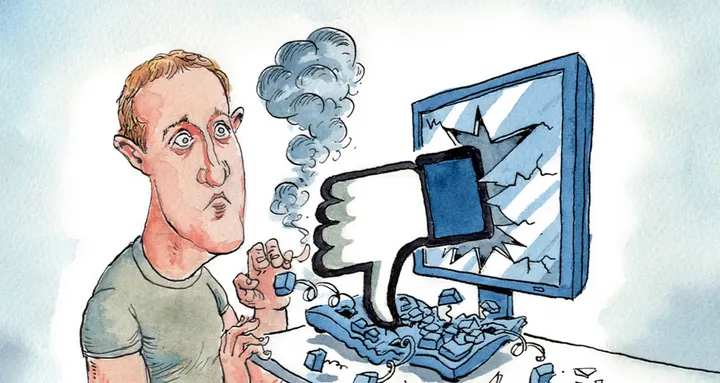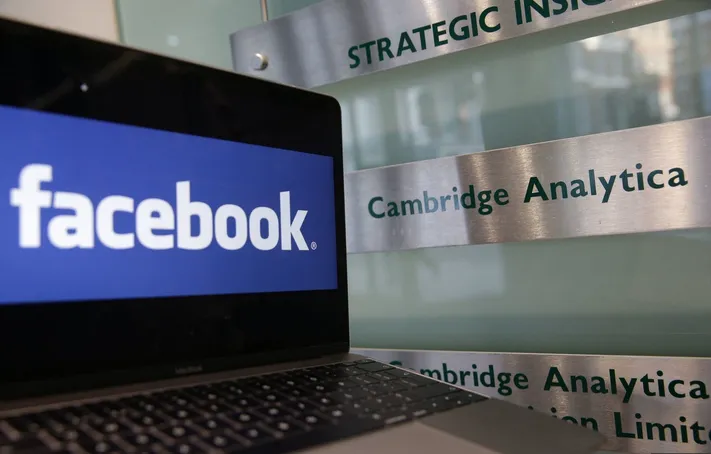For someone infamous for his social awkwardness, Mark Zuckerberg acquitted himself relatively "well" in his two days of testimony before US Congressional committees.
Certainly investors thought so...
After sliding -14.5% over February and March, shares in Facebook rallied 5.3% over two sessions on Tuesday and Wednesday.
The good news for investors is that the business model is likely to prove more resilient.
Greater regulation of internet giants like Facebook and Google is inevitable
John Kennedy warned Zuckerberg on Tuesday that: “There are going to be a whole bunch of bills introduced to regulate Facebook.”
At the very least, Zuckerberg can console himself that his ritual humiliation this week at the hands of Congress was mild compared with that dealt out by the Chinese authorities to Zhang Yiming, founder of news aggregator Toutiao.
Tech investors can console themselves too
Some observers have compared Zuckerberg’s appearance in Washington to turning points like the Supreme Court’s 1992 ruling that big tobacco could be held liable for smokers’ ill health.
Heightened regulation is likely to require clearer user agreements, explicit consent for specific actions
Inevitably, compliance will carry considerable costs.
But while tighter regulation typically squeezes margins, it also tends to entrench incumbents
Big companies with deep pockets like Facebook are better able than start-ups to absorb compliance costs.
New entrants will find it that much harder to obtain consent for services that users have yet to try out.
But such wholesale defection looks improbable.
In a 2017 Pew Research Center survey, 51% of US respondents said they had little confidence in social networks’ data security.
Someone who has spent the last 10 years uploading his data to Google or living out her life on Facebook will be reluctant to go to all the effort of switching to a new platform.
Sen. John Kennedy "grills" Zuckerberg about Facebook Privacy
And if users don’t switch, neither will advertisers
In 2017, global internet advertising spending surpassed television ad spending for the first time, and the market continues to grow strongly—23% year-on-year in the US in the first half of last year.
Facebook and Google retain a commanding duopoly over the market (outside China), and there is little sign of their hold weakening.
Yes, some advertisers have questioned the effectiveness of targeted advertising over social media.
In short, the market is evolving and becoming maturer.
Tighter regulation is inevitable. But the effect may well be to entrench the dominant players, rather than to erode their positions.
As Steemians, you know what to do... #DeleteFacebook !
You don't want to miss a Crypto news?
Follow me on Twitter and Facebook



